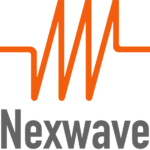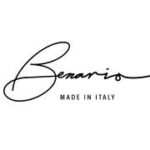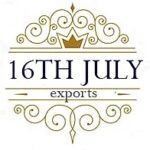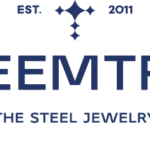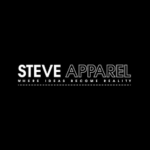What is a private label accessories manufacturer?
A private label accessories manufacturer is a company that specializes in producing accessories, such as jewelry, handbags, hats, scarves, belts, or other fashion items, under the branding of another company or retailer. In this arrangement, the manufacturer creates and produces these accessories based on the specifications and branding provided by the client, who then sells the products under their brand name. This allows the client, often a retailer or fashion brand, to offer a line of accessories without the need to design, manufacture, or manage the production process themselves. The private label accessories manufacturing companies plays a key role in bringing the client’s vision to life, handling aspects like design, production, and sometimes even packaging, while the client focuses on marketing and selling the products under their brand. This model provides flexibility and customization for retailers or brands without the need for extensive in-house manufacturing capabilities.
What is the size of the accessories market?
The global fashion accessories market is projected to grow to $3707.31 billion by 2030, with a robust CAGR of 14.56%, led by factors such as changing fashion trends, rising disposable income, and the surge in online shopping. Major segments include jewelry, bags, belts, scarves, watches, and eyewear, with Asia Pacific dominating the market at over 48% revenue share in 2023, followed by Europe at over 18%. Notable trends include the shift towards personalized accessories and the rising popularity of sustainable options like vintage items. The market’s competitive landscape includes industry giants such as Louis Vuitton, Hermes, H&M, and Rolex. Overall, the fashion accessories market is thriving, fueled by evolving consumer preferences and expanding economic opportunities, particularly in Asia Pacific and Europe.
What are some of the top private label accessories to sell?
Some of the top private label accessories to consider selling include phone accessories such as cases, chargers, and holders, which cater to the ongoing demand for compatibility with new phone models. Hair accessories like clips and scrunchies offer opportunities for customization from minimalist to extravagant styles. Sunglasses and eyewear with UV protection are sought after, allowing for variations in size, shape, and lens options. Jewelry and luxury watches can be tailored to current trends while maintaining unique designs. Bags and wallets, designed for various purposes, provide versatility in materials and styles. These accessories offer brands the chance to create distinctive, branded products aligned with consumer preferences and trends.
What are the most popular accessories?
Jewelry pieces like necklaces, earrings, bracelets, and rings, along with vintage and statement jewelry, are highly sought-after fashion accessories. Handbags and purses, evolving into stylish pieces with vintage designs and unique materials, remain timeless favorites. Scarves and shawls, especially cashmere and silk varieties with intricate designs, add elegance to outfits, while belts elevate looks, particularly in vintage styles. Additionally, retro headbands and hair accessories are experiencing a resurgence, allowing for self-expression and personality in fashion choices. These trends underscore the enduring appeal of traditional accessories alongside the emergence of new categories like fashionable face masks.
How to find accessories private label and contract manufacturers?
To find a private label and contract manufacturer for accessories, you start by defining your specific requirements, including the type of accessories, design preferences, and quantity needed. Conduct thorough research using online platforms, industry directories, and trade shows to identify potential manufacturers that specialize in accessories. Look for accessories companies with a proven track record, relevant certifications, and the capacity to meet your production needs. If possible, you should request samples or portfolios to assess their work and even visit their manufacturing facilities to gain firsthand insights. Engage in discussions about terms, pricing, and additional services, and check references or online reviews for feedback from previous clients. Finally, negotiate contracts and establish clear communication channels to ensure a successful collaboration.

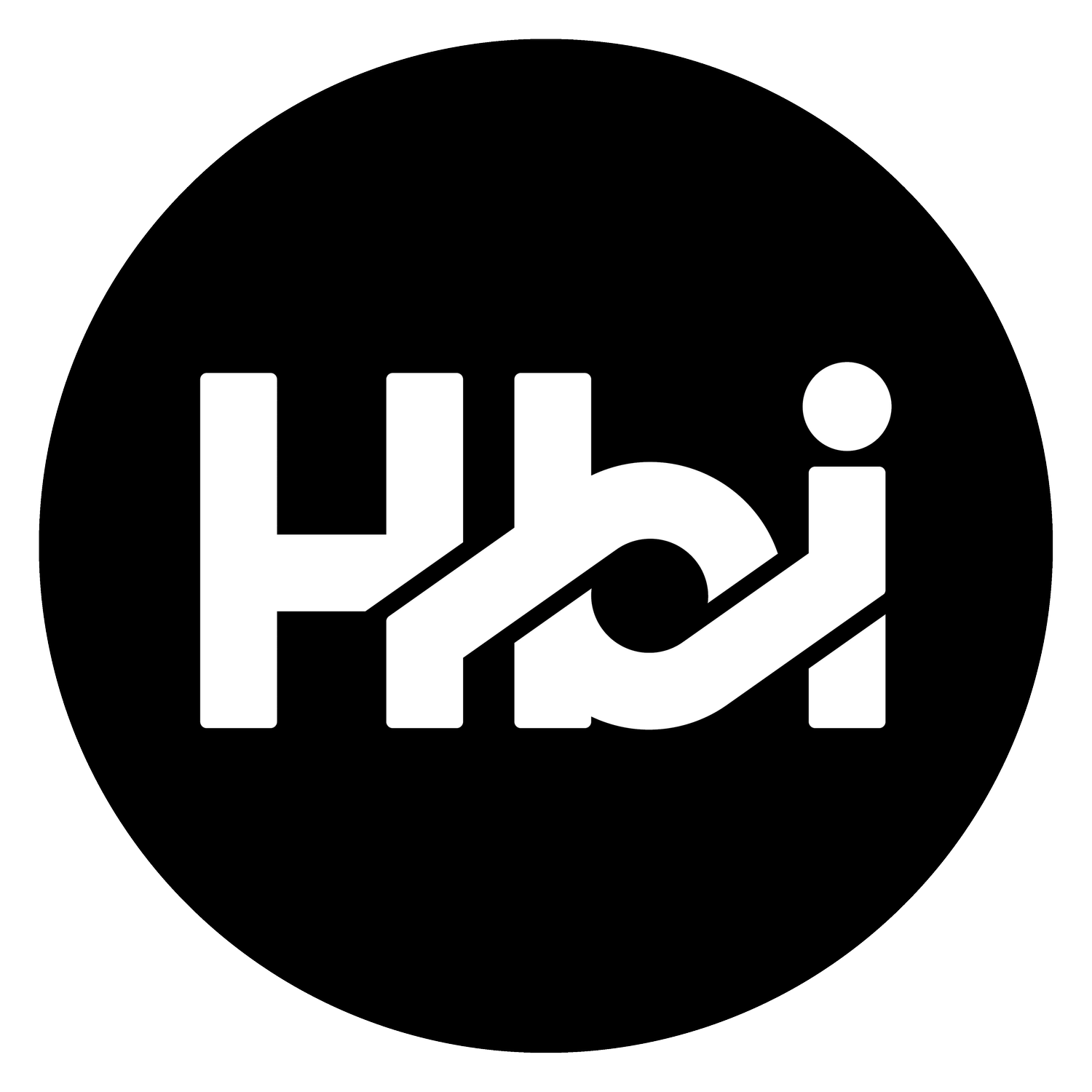
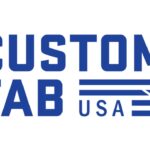

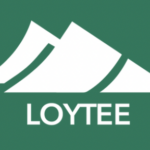

-150x150.png)
